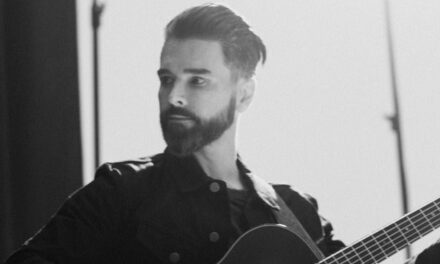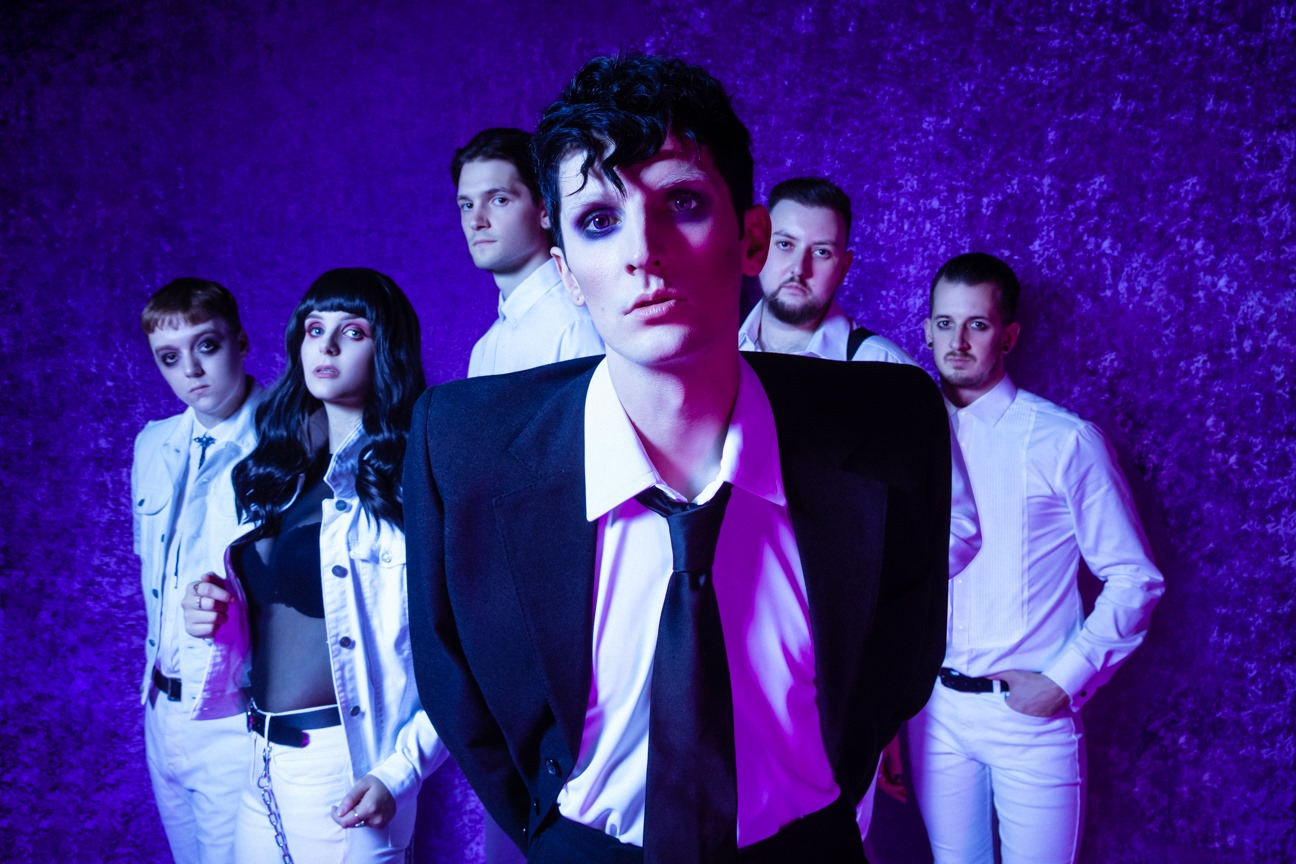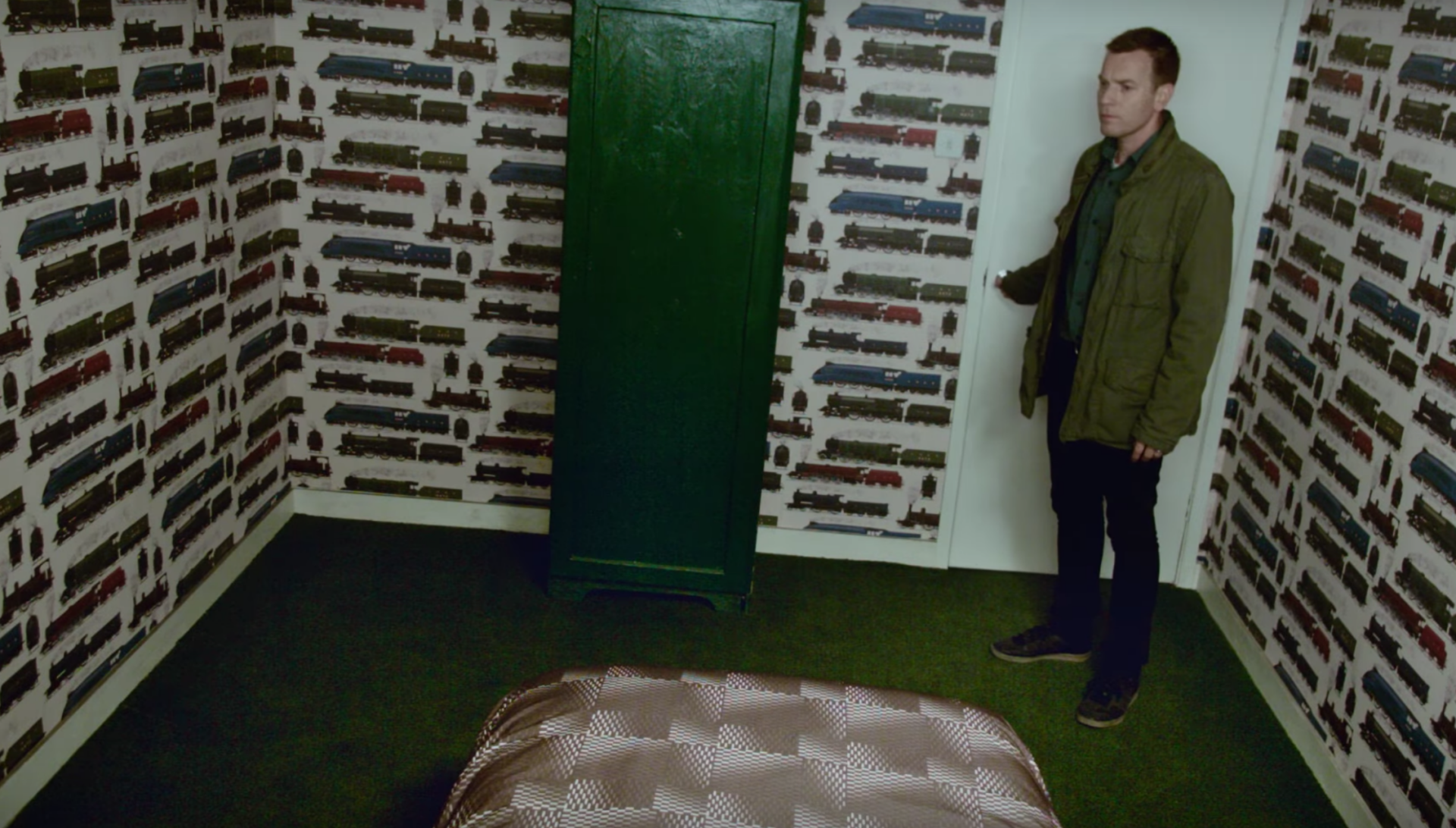The importance of emotional intelligence is undeniable these days. Let’s talk about one part of it. Critical thinking is a system of judgment used to analyze phenomena, things, and events and then draw valid conclusions. Hence, people receive valid assessments and interpretations and can apply the findings to problems and issues that are relevant to them.
Why is this of particular importance to students?
How often do you have to work with and process information in your daily life? If you are a student, probably on a regular basis. Homework in the form of essays is very popular in college. You need to be able to handle huge amounts of data to get it all done well and to receive a high grade.
It takes some writing practice to master this. You should first familiarize yourself with critical thinking essay samples, as preparation is essential in the work process. Once you read critical thinking paper examples, you will find it much easier to compose your own.
If you intend to counter misinformation and recognize fake news and other manipulations, you should be a critical thinker. The following books on critical thinking will teach you how to analyze and distinguish facts from myths, how not to be persuaded by manipulators, and how to make well-informed decisions:
1. The Biology of Good and Evil. How Science Explains Our Actions by Robert Sapolsky
Based on many years of research, a neuroscientist explains why people act either good or bad from the point of view of modern society. The foundation for human conduct has been laid down over millions of years of evolution. This book reveals how to understand the way other people behave in a simple and understandable language without using complicated terms.
2. Weaponized Lies: How to Think Critically in the Post-Truth Era by Daniel J. Levitin
Political and social factors influence us on a daily basis. The key tool is obviously disinformation. The author shows how lies are covered up with facts and presented as truth and gives a set of skills to identify falsehood and minimize incorrect interpretations and solutions.
3. Suspicious Minds: Why We Believe Conspiracy Theories by Rob Brotherton
It is much easier to find a simple answer to a complex question than delve into any topic. That is why Brotherton claims people of all genders, ages, education levels, and incomes believe in conspiracy theories equally. Accepting such versions appears to be less complicated than reasoning, analyzing, and considering many factors, which means engaging in critical thinking. The author explores why we tend to simplify things and simultaneously investigates past and present conspiracy theories.
4. The Art of Systems Thinking: Essential Skills for Creativity and Problem Solving by Joseph O’Connor
The book teaches you to notice the connection between seemingly disparate facts and processes to encompass the whole picture in your mind. The author has managed to achieve an unusual balance of figurativeness and depth by describing problematic situations through cause-and-effect cycles. This approach provides a unique opportunity to simultaneously use one’s imaginative and logical thinking abilities to find extraordinary and creative solutions.
5. Critical Thinking: Your Guide to Effective Argumentation, Successful Analysis and Independent Study by Tom Chatfield
Last but not least, not all books on critical thinking provide you with practice. The challenges in this one will help you understand not only how to think critically but also how to use modern digital technology to your advantage. A writer and consultant on technology and new media with a Ph.D. in philosophy talks about the difference between perceiving information in critical and uncritical thinking. The author explains the different logical tests and their interpretation, as well as how to read and analyze texts with examples.

Conclusion
As discussed earlier, critical thinking promotes an objective view of ideas, decisions, and actions, identifying weaknesses and establishing the truth of facts and assumptions based on logic and cause-effect relationships.
By paying attention to the best critical thinking books mentioned above, you can develop a skill that will help you make the optimal choices. After reading these studies, answer the following questions: Do you trust everything you learn unconditionally, or do you evaluate its validity after all? Therefore, start looking for confirmation and proof of what seems right or wrong to you. Justify your position when communicating with other people and change your mindset.













